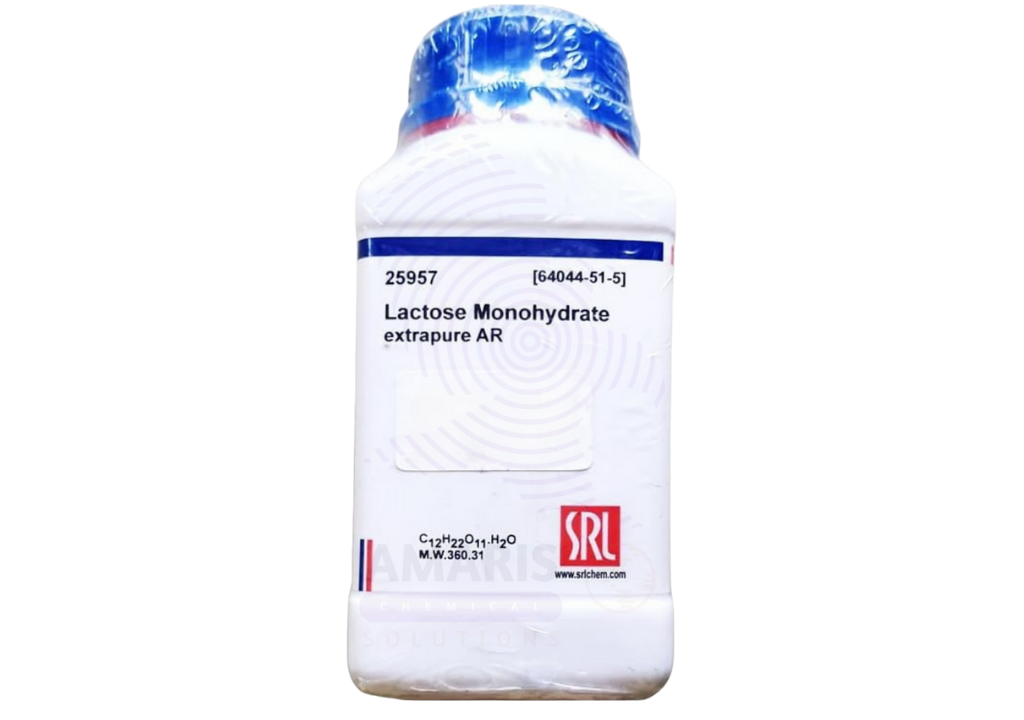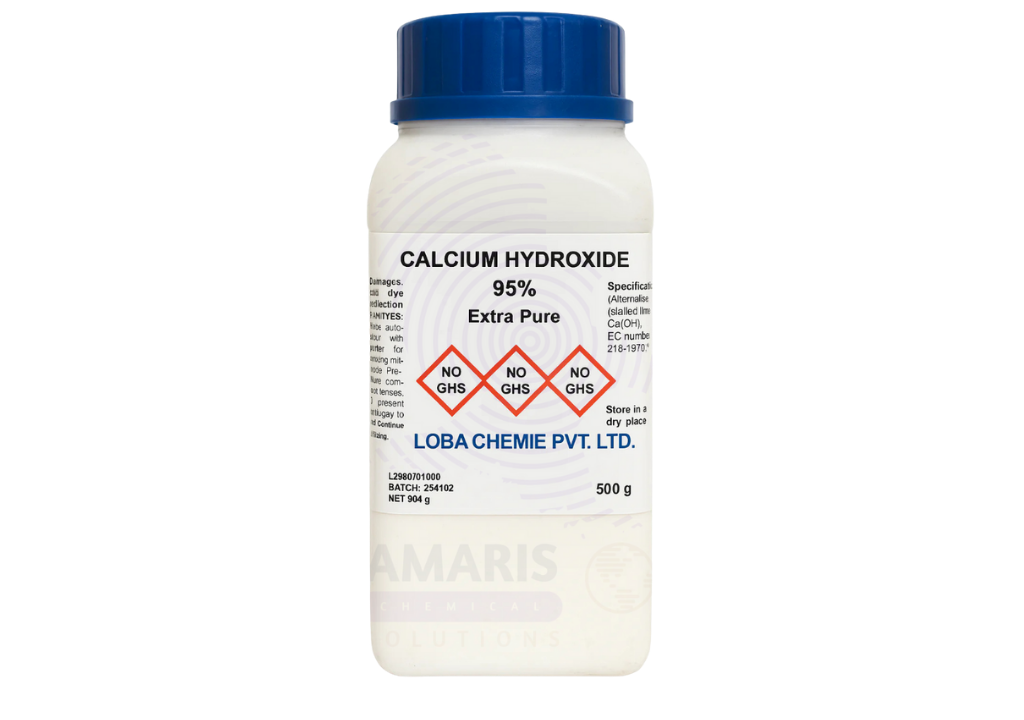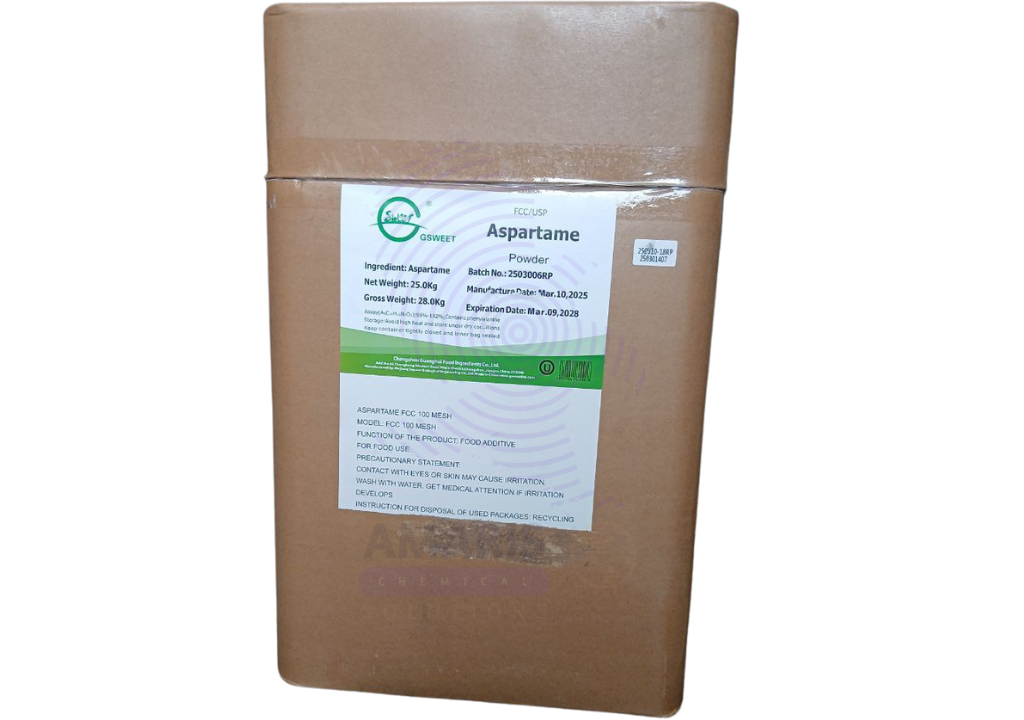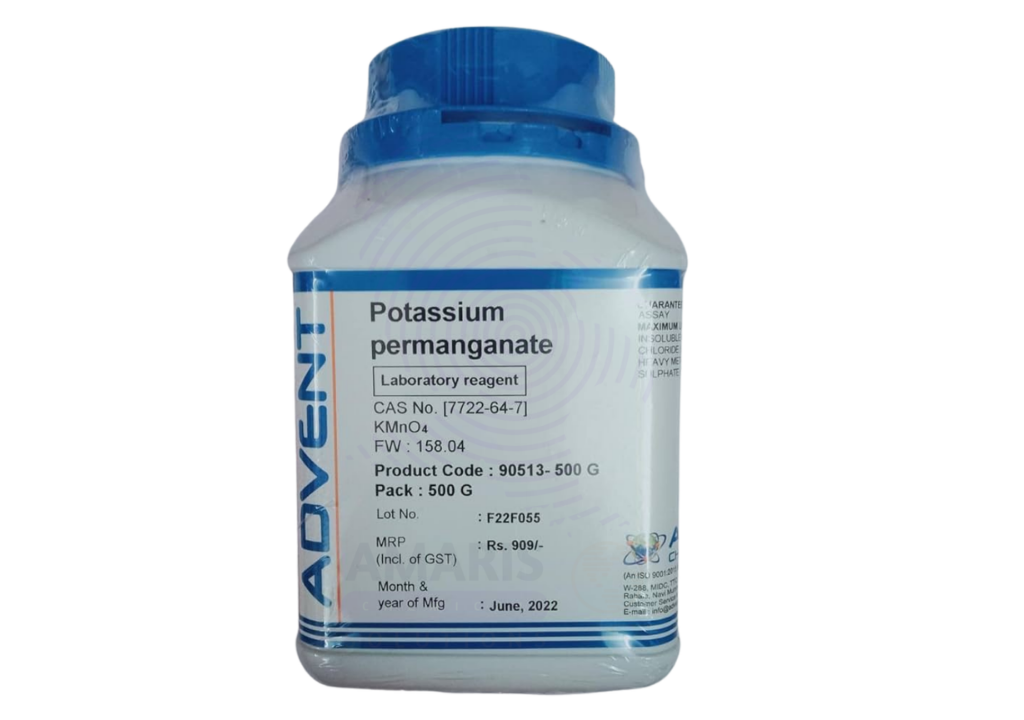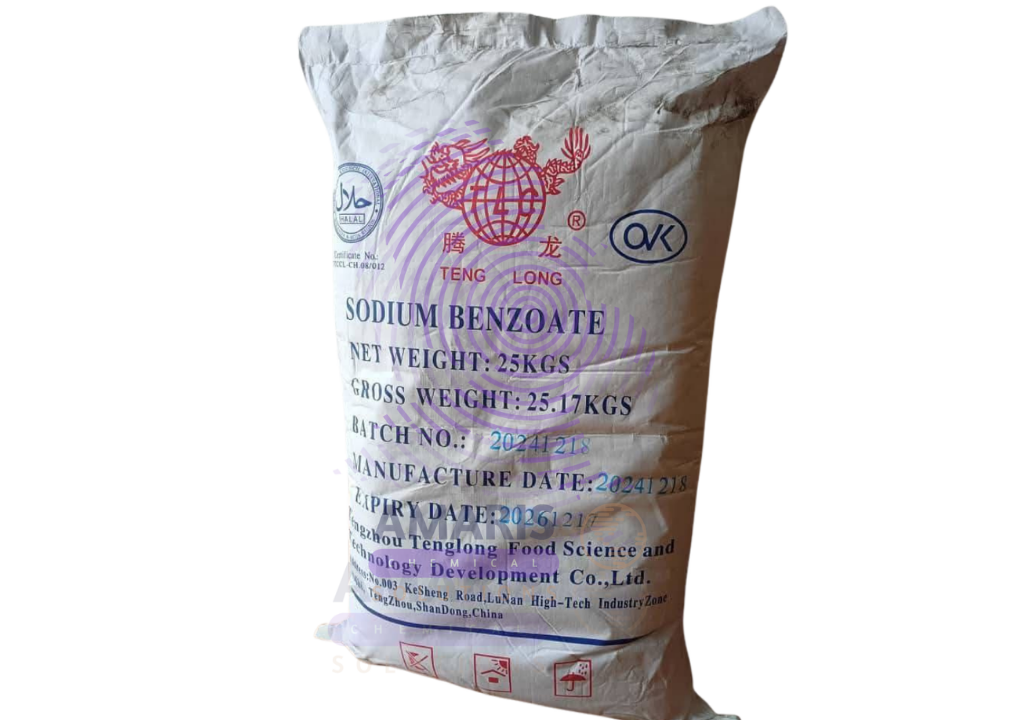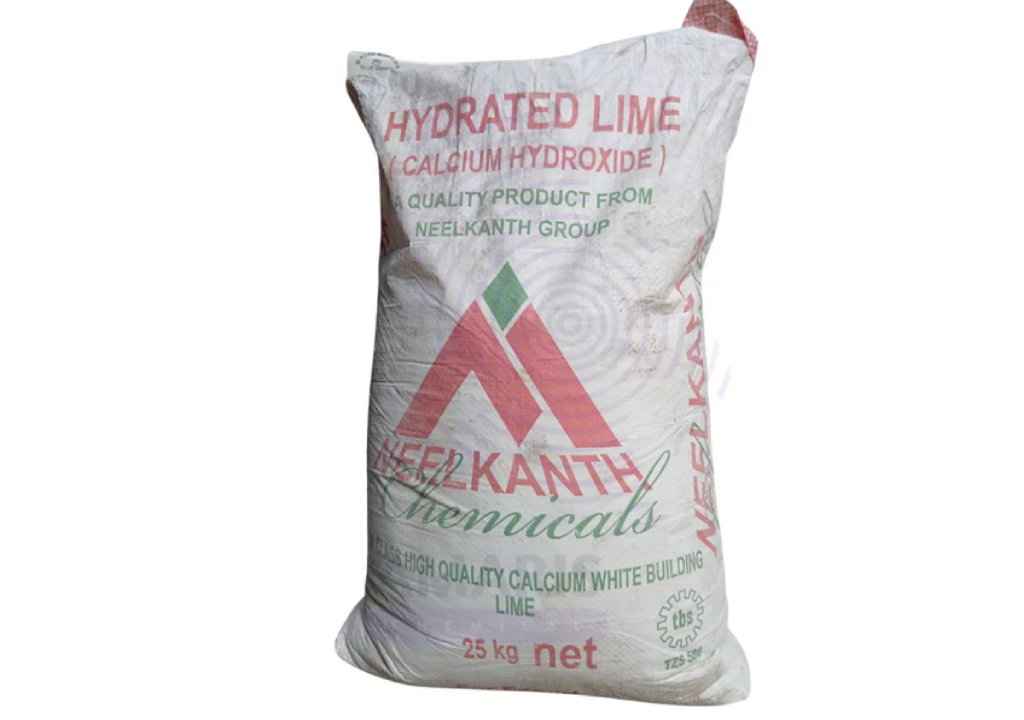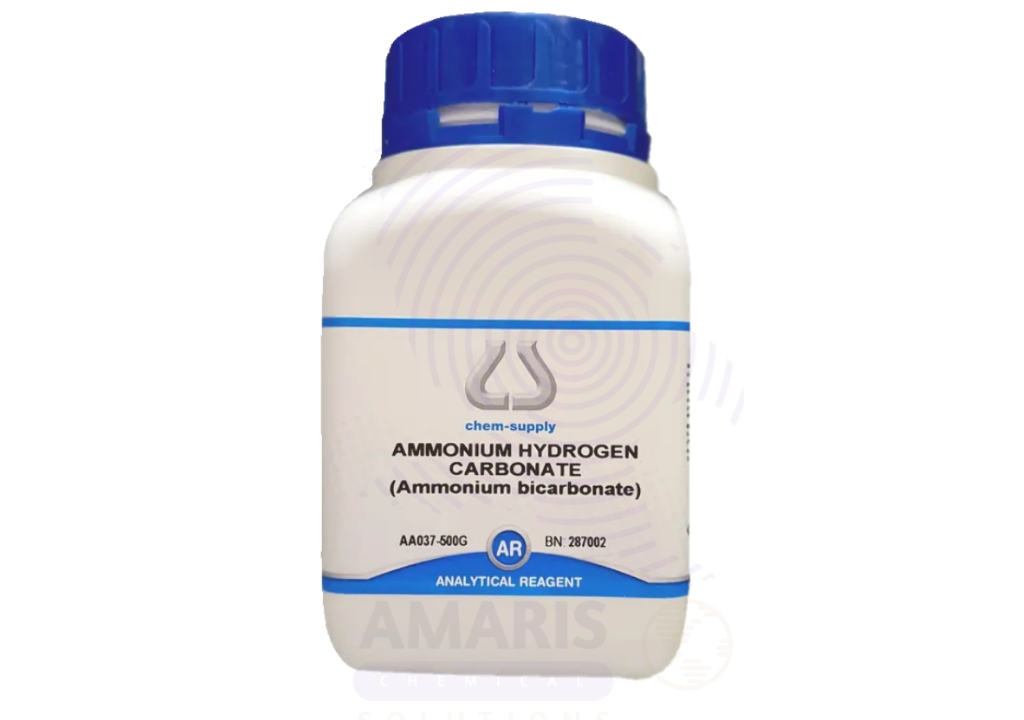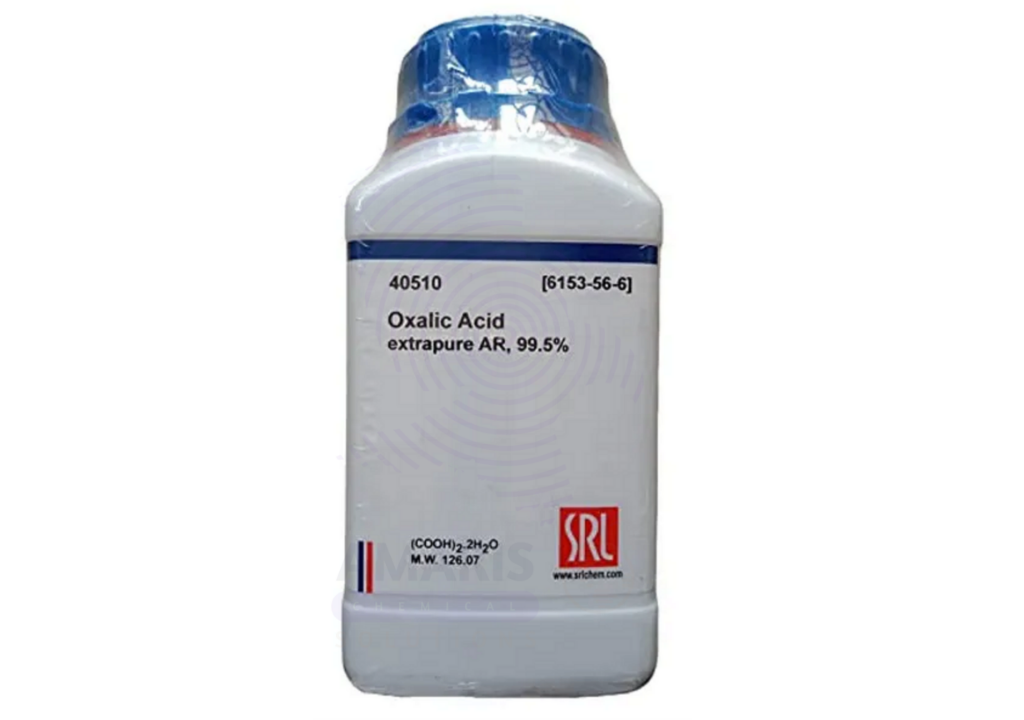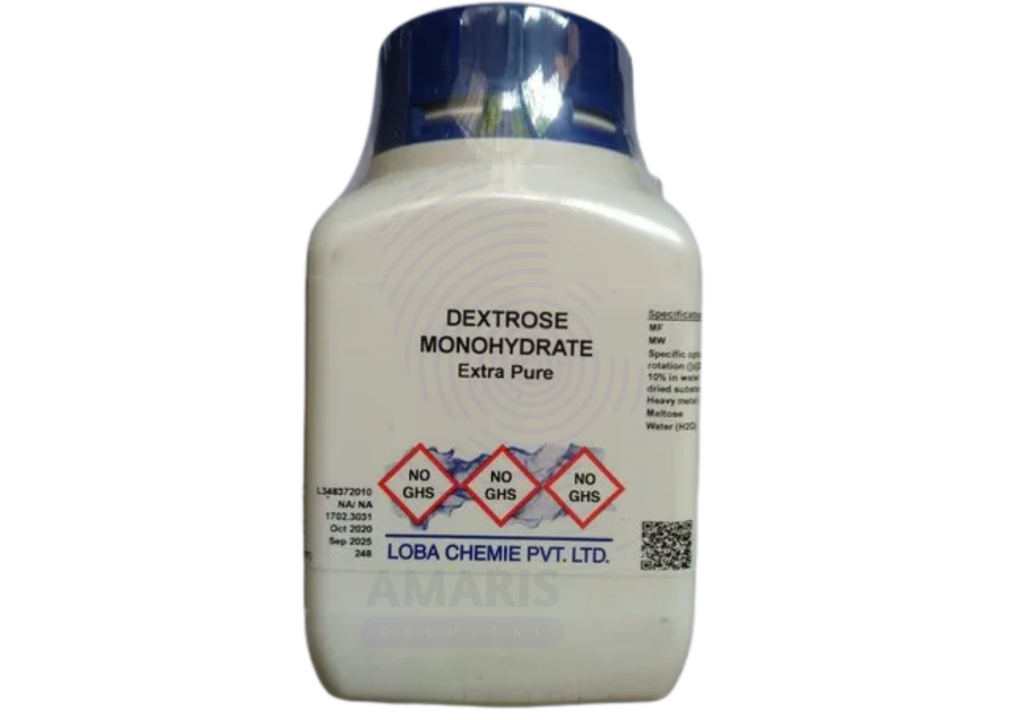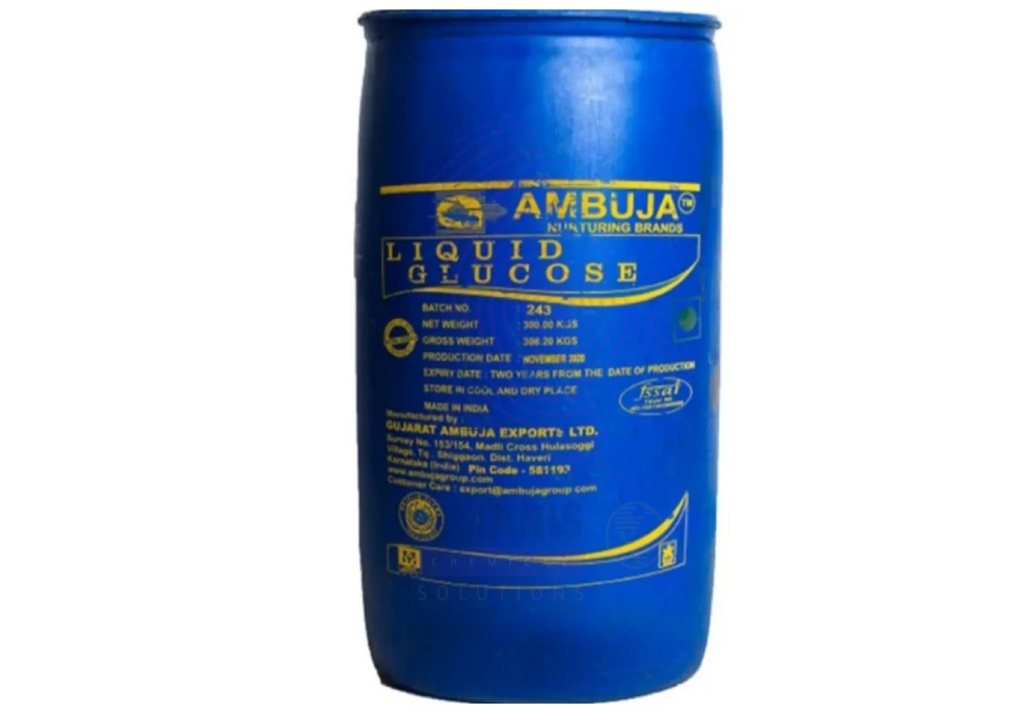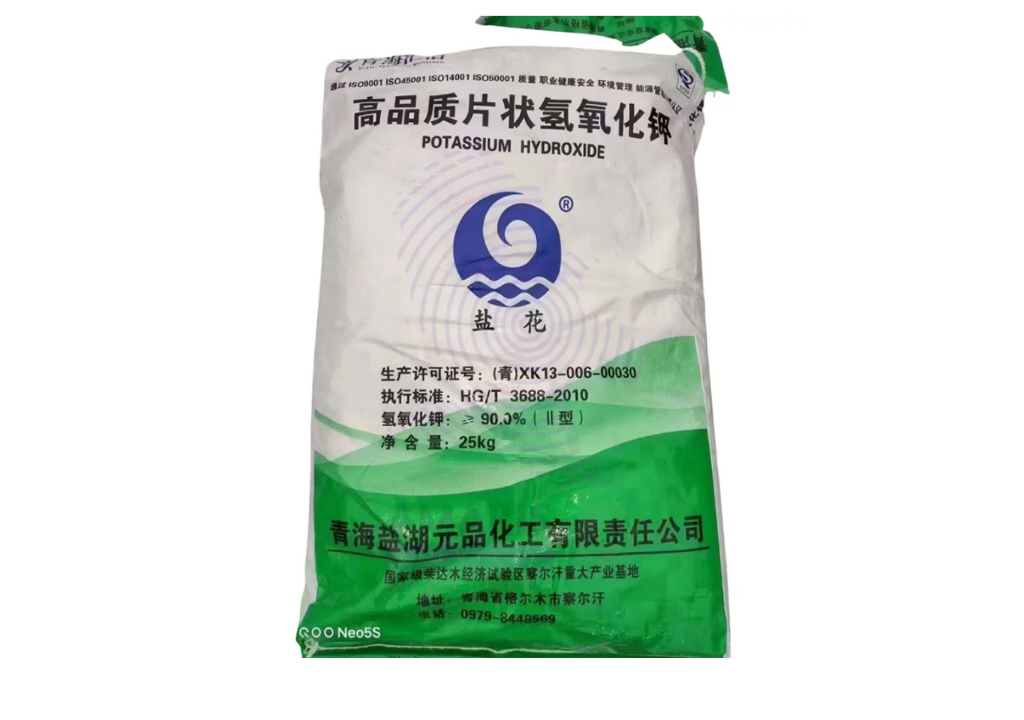Agar Agar Powder: The Versatile Plant-Based Gel Strengthener For Science And Cuisine
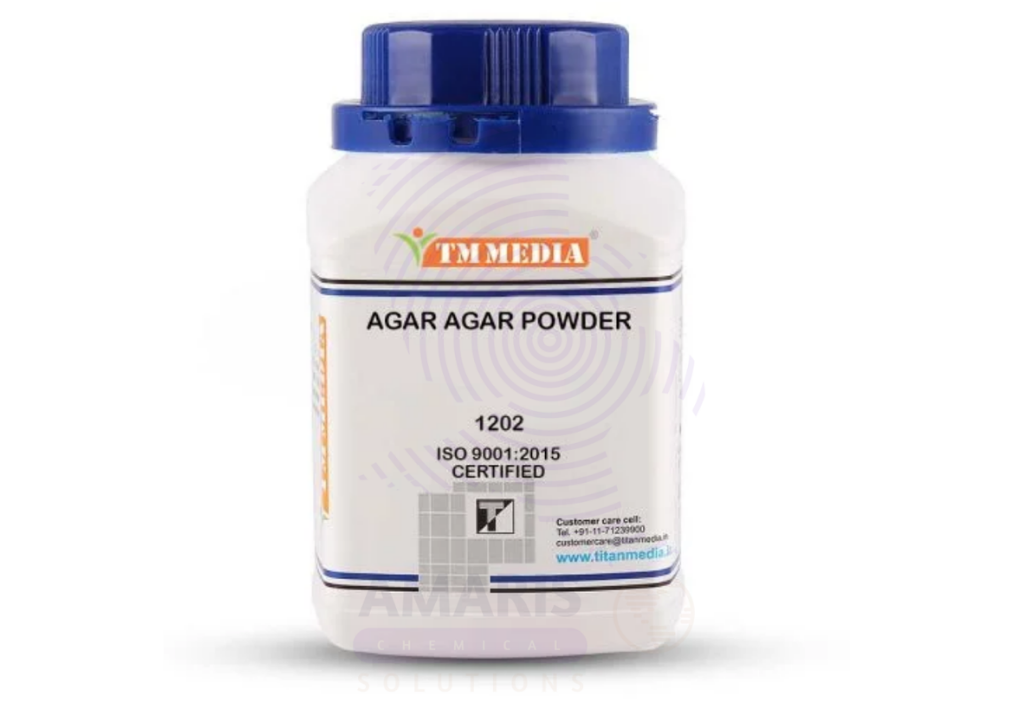
In the world of hydrocolloids and gelling agents, Agar Agar Powder stands out as a uniquely versatile substance. Derived from red seaweed, agar has earned its place in both culinary and scientific applications—being favored by chefs, microbiologists, and food technologists alike.
Whether you’re preparing vegan jellies or cultivating bacterial colonies in a petri dish, agar agar delivers unmatched gel strength, clarity, and stability. But what exactly is it, and why is it such a key ingredient in modern laboratories and kitchens?
What Is Agar Agar?
Agar (also known as Kanten in Japan) is a polysaccharide primarily made up of agarose and agaropectin, extracted from various red algae species such as Gelidium and Gracilaria. Once purified and dried, it becomes a fine, off-white powder that’s odorless, tasteless, and completely plant-based.
Chemical formula (primary component – agarose): C₁₂H₁₈O₉
Melting Point: 85–95°C
Gelling Temperature: 32–42°C
Solubility: Soluble in boiling water; forms a gel upon cooling
Main Applications of Agar Agar Powder
🧪 1. Microbiology and Cell Culture
Agar is most famously used as a solidifying agent in culture media. In labs, it’s poured into petri dishes to create a stable surface for growing bacteria, fungi, and other microorganisms. Because it’s indigestible by most microbes, it serves as a neutral medium, allowing precise observation of microbial colonies.
- Common media: Nutrient agar, MacConkey agar, Sabouraud agar, etc.
- Benefits: Non-toxic, thermostable, transparent, customizable
🍰 2. Culinary Uses
In food, agar serves as a vegan substitute for gelatin. Unlike gelatin, which is animal-derived, agar is 100% plant-based, making it ideal for vegan, halal, and kosher diets.
Uses in food:
- Jellies, puddings, and custards
- Fruit gels and glazes
- Stabilizers in dairy-free ice cream
- Clarifying agent in brewing (fining beer)
Agar gels are firmer, more stable at room temperature, and less prone to melting than gelatin, which is why it is widely preferred in hot climates or long shelf-life products.
🧴 3. Cosmetics and Pharmaceuticals
Agar is used in toothpaste, creams, and capsule formulations for its gelling, thickening, and stabilizing properties. Its smooth texture and moisture retention also make it a valuable natural ingredient in face masks and skin-care products.
📦 4. Industrial Applications
Some niche uses of agar include:
- Paper sizing
- Impression materials in dentistry
- Textile printing paste
- As a suspending agent in emulsions
Why Choose Agar Agar Powder Over Other Gelling Agents?
| Property | Agar Agar | Gelatin | Pectin |
| Source | Red algae (vegan) | Animal collagen | Fruit (plant-based) |
| Gel firmness | High | Medium | Low to medium |
| Melting point | ~85°C | ~35°C | ~60–80°C |
| Clarity | Excellent | Good | Variable |
| Stability at room temp | High | Low | Moderate |
Storage & Handling Tips
- Keep in an airtight container in a cool, dry place.
- Avoid contact with moisture or humid environments.
- Handle gently to avoid dust formation, which can irritate the lungs if inhaled.
Safety and Regulatory Status
Agar is considered non-toxic, non-carcinogenic, and safe for consumption. It’s approved by major food and pharmaceutical authorities including:
- FDA (Generally Recognized As Safe – GRAS)
- EFSA (European Food Safety Authority)
- Codex Alimentarius
Agar in Education and DIY Science
Agar powder is also a favorite in school science projects, especially for creating DIY petri dishes and microbial growth experiments. It provides an engaging, hands-on way to learn about microbiology and life sciences without needing a professional lab setup.
Conclusion
Agar Agar Powder is far more than a gelatin substitute—it’s a scientific tool, a culinary staple, and a plant-based powerhouse that brings structure, stability, and clarity to a wide range of products. Whether you’re plating bacteria, crafting jellies, or stabilizing lotions, agar agar offers consistent results with natural origins and wide-ranging benefits.
As industries continue to seek vegan, sustainable, and high-performance ingredients, agar agar’s role will only continue to expand.


 Preservatives(food)
Preservatives(food) Flavor Enhancers
Flavor Enhancers Acidulants
Acidulants Sweeteners
Sweeteners Antioxidants
Antioxidants Colorants(food)
Colorants(food) Nutraceutical Ingredients (food)
Nutraceutical Ingredients (food) Nutrient Supplements
Nutrient Supplements Emulsifiers
Emulsifiers
 Collectors
Collectors Dust Suppressants
Dust Suppressants Explosives and Blasting Agents
Explosives and Blasting Agents Flocculants and Coagulants
Flocculants and Coagulants Frothers
Frothers Leaching Agents
Leaching Agents pH Modifiers
pH Modifiers Precious Metal Extraction Agents
Precious Metal Extraction Agents
 Antioxidants(plastic)
Antioxidants(plastic) Colorants (Pigments, Dyes)
Colorants (Pigments, Dyes) Fillers and Reinforcements
Fillers and Reinforcements Flame Retardants
Flame Retardants Monomers
Monomers Plasticizers
Plasticizers Polymerization Initiators
Polymerization Initiators Stabilizers (UV, Heat)
Stabilizers (UV, Heat)
 Antifoaming Agents
Antifoaming Agents Chelating Agents
Chelating Agents Coagulants and Flocculants
Coagulants and Flocculants Corrosion Inhibitors
Corrosion Inhibitors Disinfectants and Biocides
Disinfectants and Biocides Oxidizing Agents
Oxidizing Agents pH Adjusters
pH Adjusters Scale Inhibitors( water)
Scale Inhibitors( water)
 Antioxidants(cosmetic)
Antioxidants(cosmetic) Emollients
Emollients Fragrances and Essential Oils
Fragrances and Essential Oils Humectants
Humectants Preservatives
Preservatives Surfactants(cosmetic)
Surfactants(cosmetic) Thickeners
Thickeners UV Filters
UV Filters
 Fertilizers
Fertilizers Soil Conditioners
Soil Conditioners Plant Growth Regulators
Plant Growth Regulators Animal Feed Additives
Animal Feed Additives Biostimulants
Biostimulants Pesticides (Herbicides, Insecticides, Fungicides)
Pesticides (Herbicides, Insecticides, Fungicides)
 Active Pharmaceutical Ingredients (APIs)
Active Pharmaceutical Ingredients (APIs) Excipients
Excipients Solvents(pharmaceutical)
Solvents(pharmaceutical) Antibiotics
Antibiotics Antiseptics and Disinfectants
Antiseptics and Disinfectants Vaccine Adjuvants
Vaccine Adjuvants Nutraceutical Ingredients (pharmaceutical)
Nutraceutical Ingredients (pharmaceutical) Analgesics & Antipyretics
Analgesics & Antipyretics
 Analytical Reagents
Analytical Reagents Solvents(lab)
Solvents(lab) Chromatography Chemicals
Chromatography Chemicals Spectroscopy Reagents
Spectroscopy Reagents microbiology-and-cell-culture-reagents
microbiology-and-cell-culture-reagents Molecular Biology Reagents
Molecular Biology Reagents Biochemical Reagents
Biochemical Reagents Inorganic and Organic Standards
Inorganic and Organic Standards Laboratory Safety Chemicals
Laboratory Safety Chemicals Specialty Laboratory Chemicals(Special Laboratory Equipment)
Specialty Laboratory Chemicals(Special Laboratory Equipment)
 Demulsifiers
Demulsifiers Hydraulic Fracturing Fluids
Hydraulic Fracturing Fluids Scale Inhibitors(oil)
Scale Inhibitors(oil) Surfactants(oil)
Surfactants(oil) Drilling Fluids
Drilling Fluids
 Dyes and Pigments
Dyes and Pigments Bleaching Agents
Bleaching Agents Softening Agents
Softening Agents Finishing Agents
Finishing Agents Antistatic Agents
Antistatic Agents
 Admixtures
Admixtures Waterproofing Agents
Waterproofing Agents Sealants and Adhesives
Sealants and Adhesives Curing Compounds
Curing Compounds Concrete Repair Chemicals
Concrete Repair Chemicals Anti-Corrosion Coatings
Anti-Corrosion Coatings
 Surfactants(cleaning)
Surfactants(cleaning) Builders
Builders Enzymes
Enzymes Solvents (Cleaning)
Solvents (Cleaning) Fragrances
Fragrances
 Electronic Chemicals
Electronic Chemicals Catalysts
Catalysts Lubricants
Lubricants Photographic Chemicals
Photographic Chemicals Refrigerants
Refrigerants Automotive chemicals
Automotive chemicals Pyrotechnic Chemicals
Pyrotechnic Chemicals
 Biodegradable Surfactants
Biodegradable Surfactants Bio-based Solvents
Bio-based Solvents Renewable Polymers
Renewable Polymers Carbon Capture Chemicals
Carbon Capture Chemicals Wastewater Treatment Chemicals
Wastewater Treatment Chemicals
 Pigments
Pigments Solvents(paint)
Solvents(paint) Specialty Coatings
Specialty Coatings Binders/Resins
Binders/Resins Additives
Additives Driers
Driers Anti-Corrosion Agents
Anti-Corrosion Agents Functional Coatings
Functional Coatings Application-Specific Coatings
Application-Specific Coatings
 Leavening Agents
Leavening Agents Dough Conditioners
Dough Conditioners Flour Treatments
Flour Treatments Fat Replacers
Fat Replacers Decoratives
Decoratives Preservatives(baking)
Preservatives(baking)
 Plasticizers & Softeners
Plasticizers & Softeners Reinforcing Agents
Reinforcing Agents Adhesion Promoters
Adhesion Promoters Vulcanizing Agents
Vulcanizing Agents Antidegradants
Antidegradants Blowing Agents
Blowing Agents Fillers & Extenders
Fillers & Extenders Accelerators & Retarders
Accelerators & Retarders
